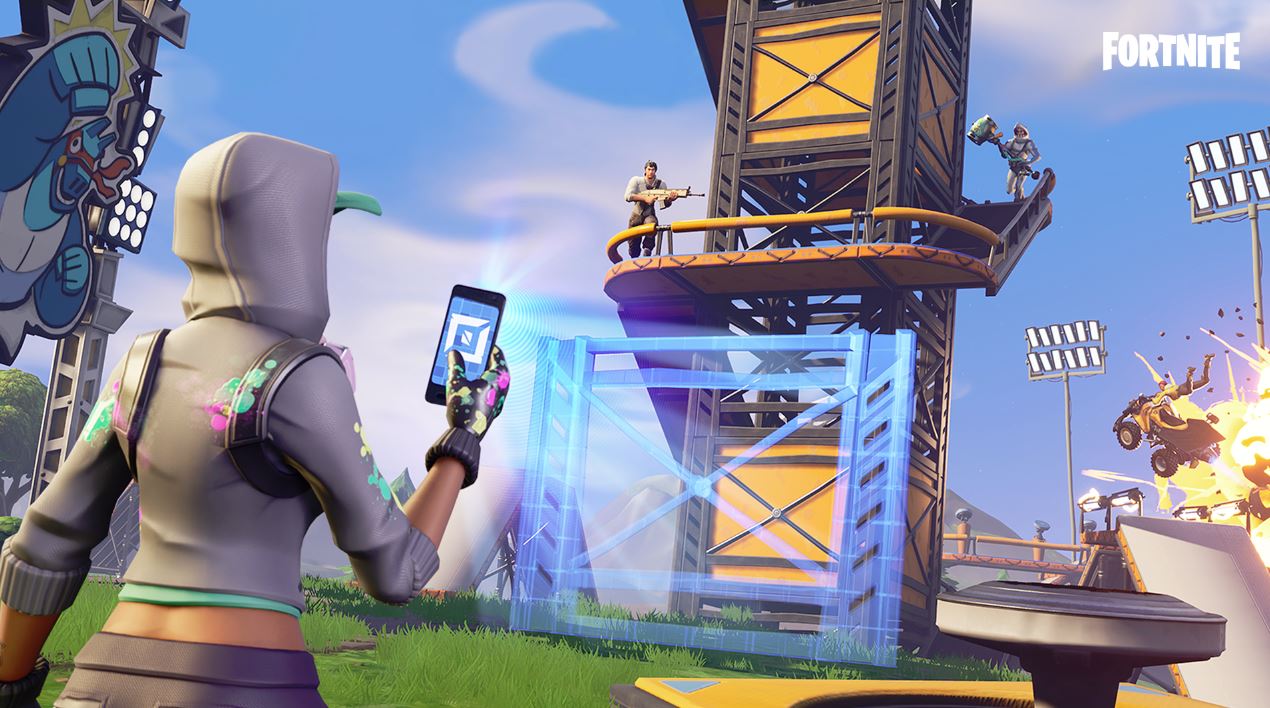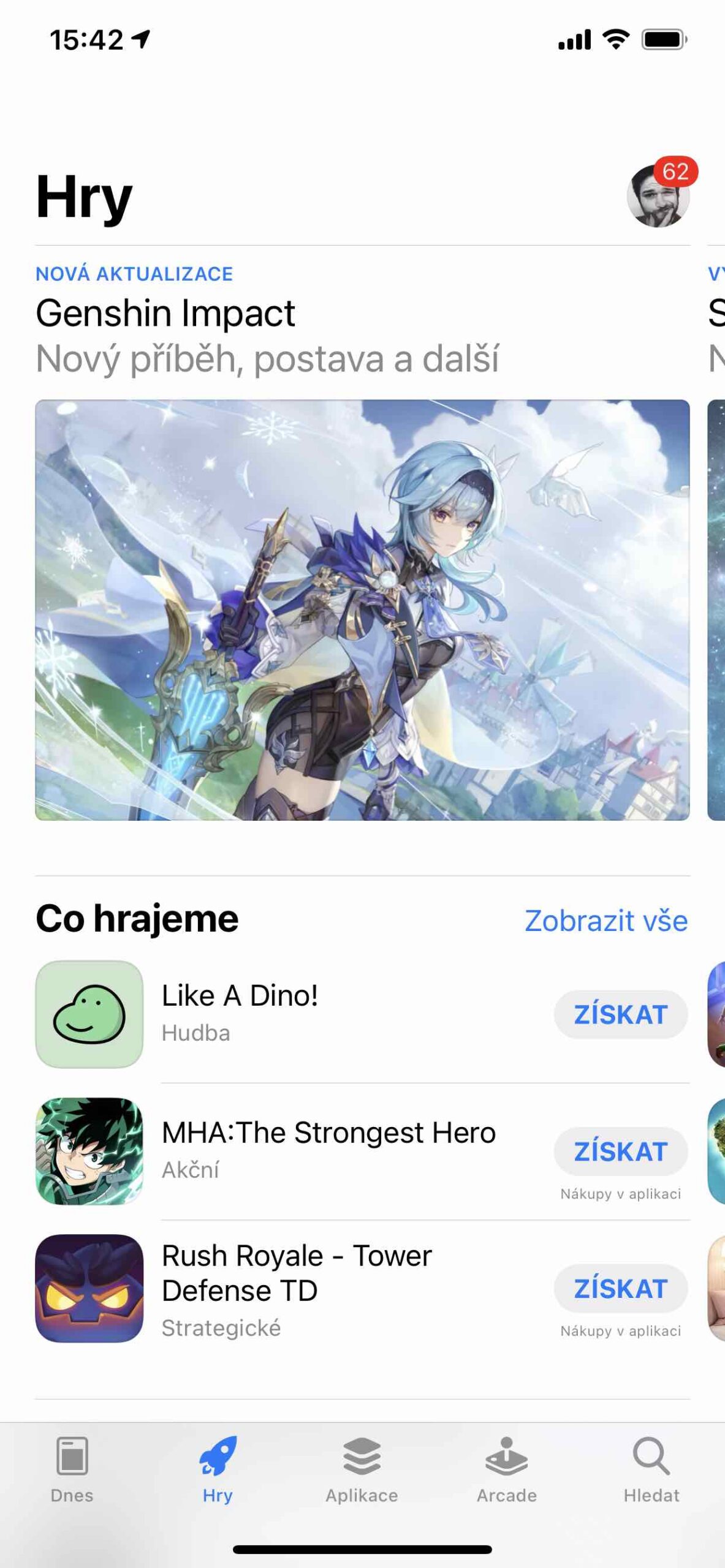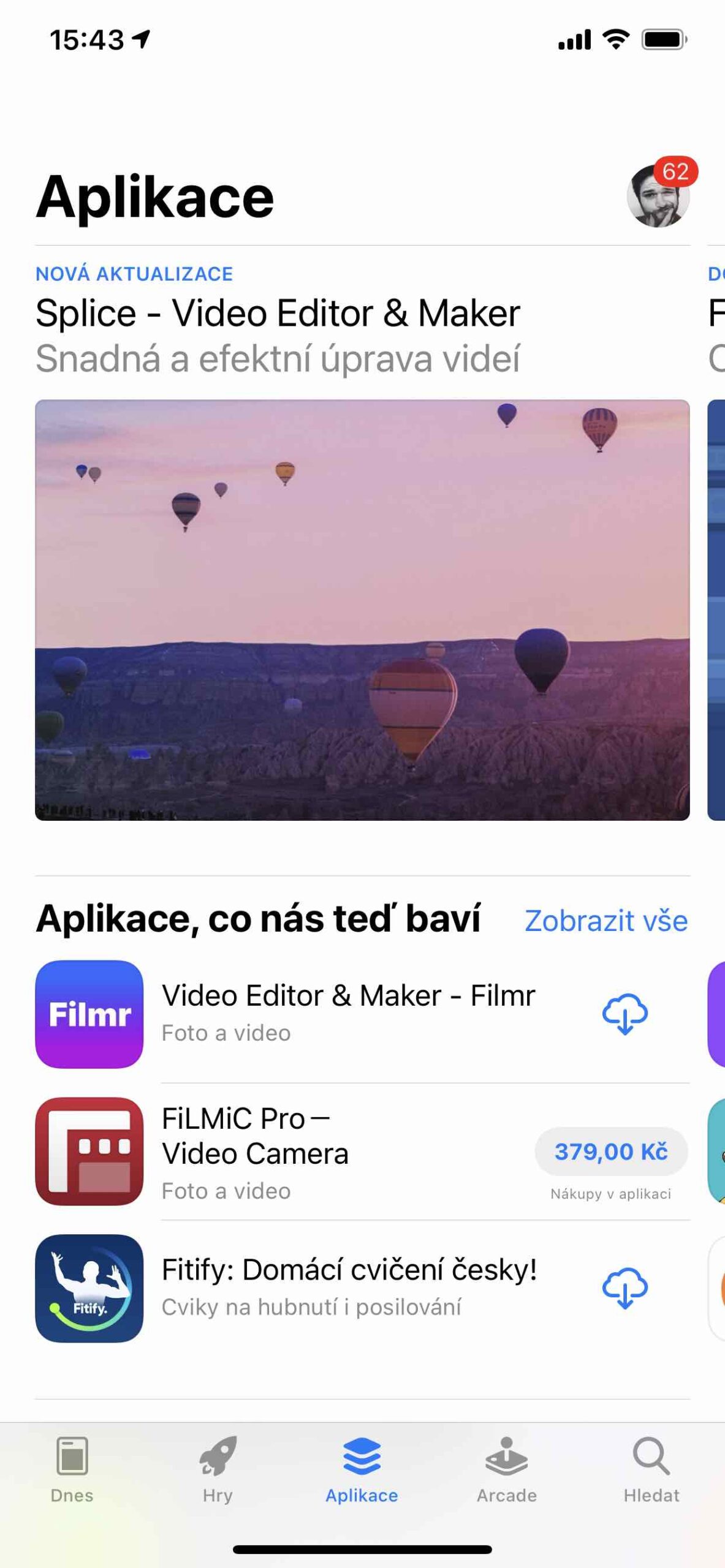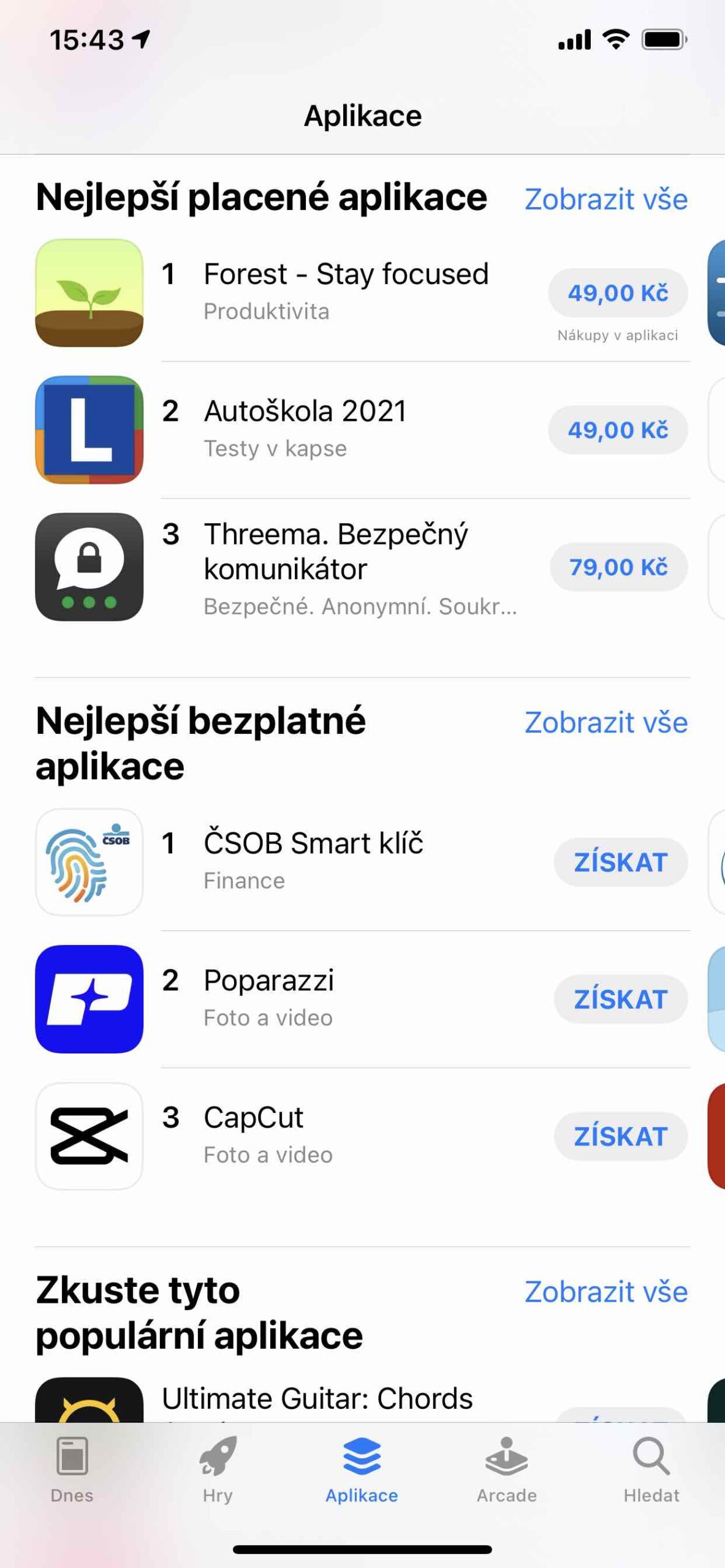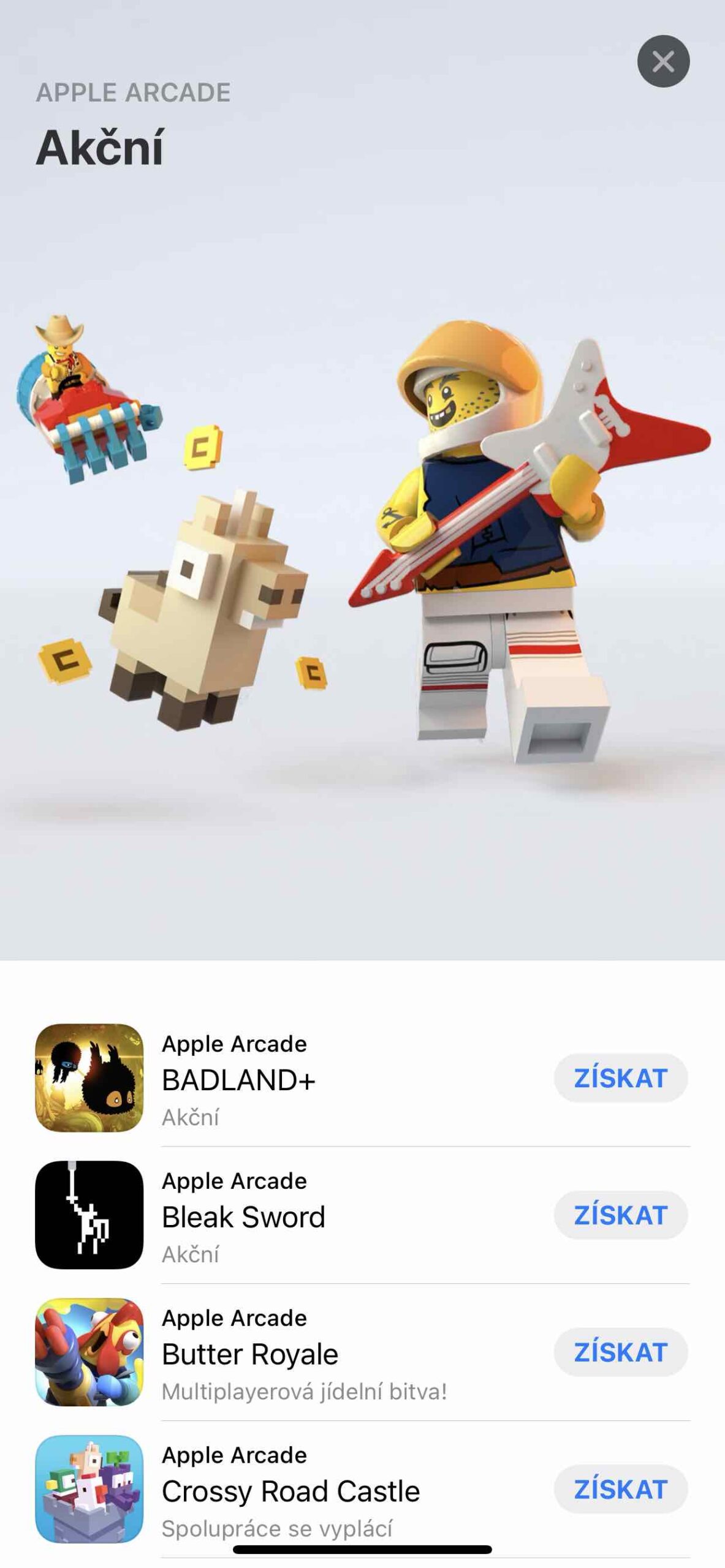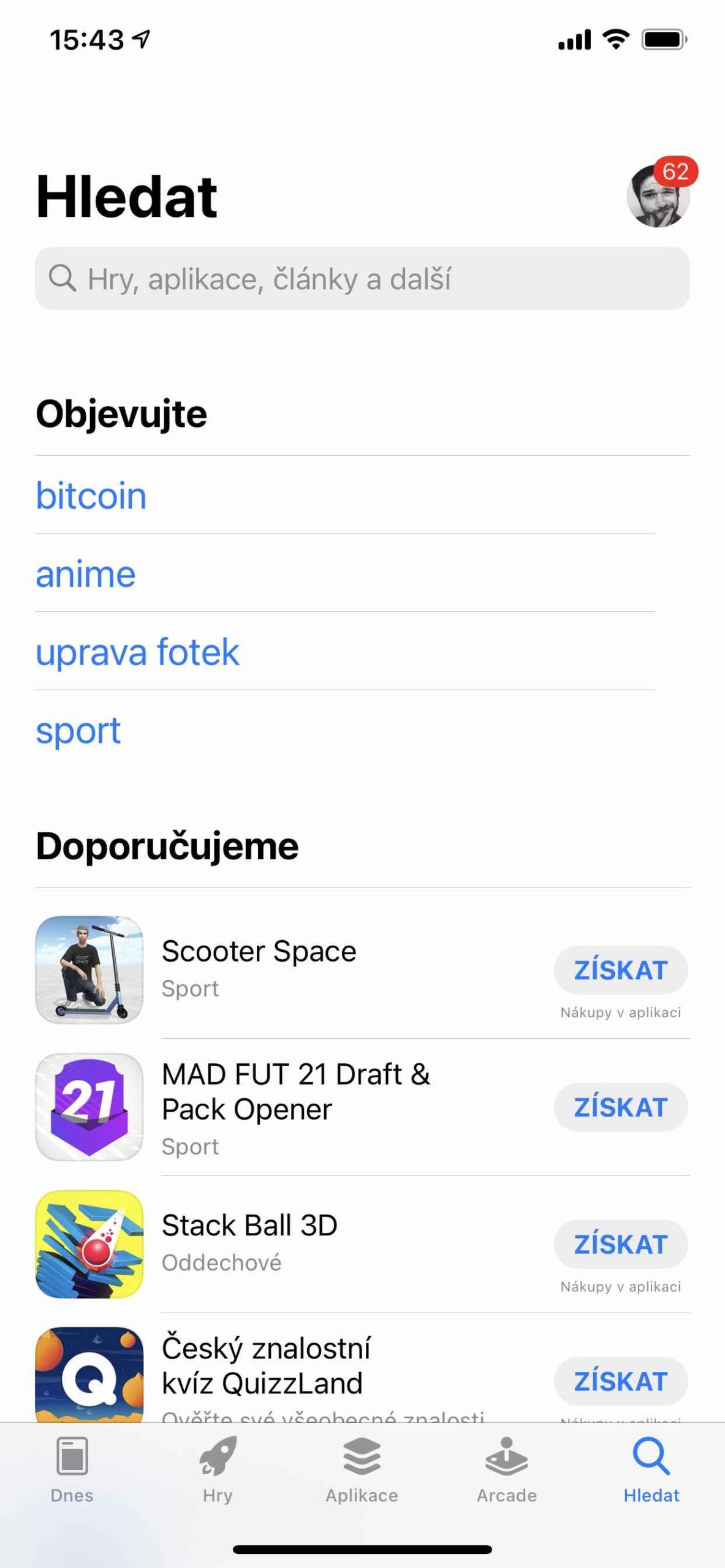We are currently waiting for the court's statement regarding the verdict, which cannot be expected to come in the coming weeks, but rather months. Studying 4 pages of depositions and testimony can certainly take a lot of work, let alone coming to a clear decision. This can take three forms, which we will outline here.
Option 1: Apple wins
If that happens, nothing will actually happen. It will only be up to Apple if it grabs its nose and does something with the amount of its commission, or if it releases an alternative payment option for content on iOS out of good will. But we all probably know that he won't do it out of good will. By doing so, he would only admit the legitimacy of the whole cause.
It could be interest you
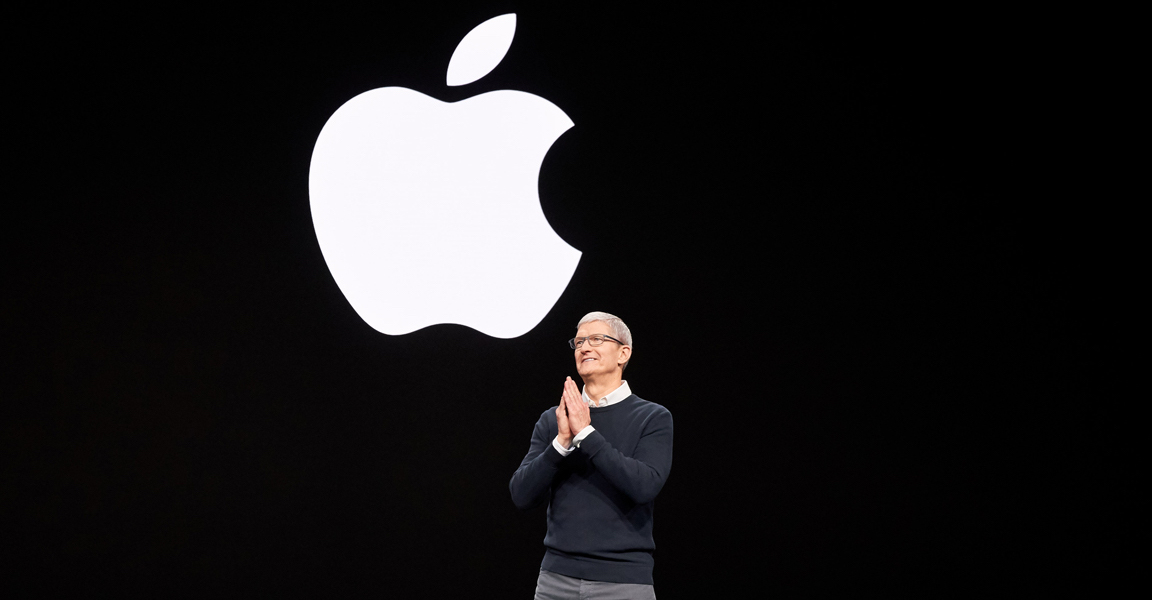
Option 2: Epic Games wins
As the judge herself noted during the retrial, it is not entirely clear to her what a win for Epic Games would actually mean, as this company was unclear about the remedy. She basically just kept mentioning: "We think Apple is not playing fair and we would like the court to do something about it." The most fatal scenario for Apple in this case would be the decision that its App Store can no longer be the only distribution channel for content within the iOS platform. But what the next store or stores should look like is unclear.
It could be interest you

Option 3: Compromise
There are of course a number of options here. For example, it could be that Apple has to reduce its commission. Maybe in half? At 15% instead of 30%? And what will it cause next when other distributions charge this amount as well? Probable judgment with them? Another option would be to allow developers to enter information into the app that if they buy the product on their site, they will get it X% cheaper. They are currently not allowed to provide this information.
After that, it would be up to the user to leave the comfort of iOS and go to the web and trust the developer to actually deliver the purchased product and not abuse their data. If he does not want to risk it, he will buy the content in the application, as before, and he does not have to observe any change. Of course, this cannot be practiced across the board, because not all developers have their own payment systems, so especially the small ones could be beaten. And maybe they would like to heal from it too.
It could be interest you
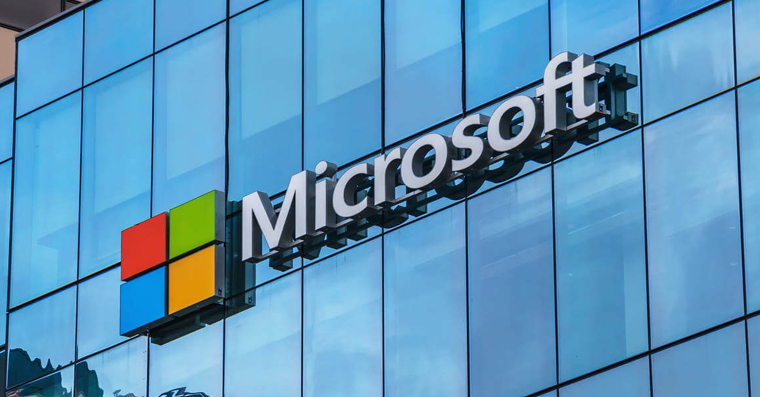
This would also avert a possible antitrust investigation. The App Store would not be the only distribution point, and developers would simply have a choice of where to direct their users to pay. So, in any case, the option to make an in-app purchase would still remain. It would still be the 30% higher that you would simply shove into Apple's pocket for offering you such an elegant and secure solution. Of course, this would only apply to In-App purchases, not the initial purchase of the app required to download it (if the app is paid).
The end is good, everything else maybe too
In the end, this might not even cost Apple too much money. In-app purchases are easier and faster than visiting an external website, so the vast majority of users could continue to use microtransactions within the system. The only exceptions could be more technically savvy users. So this could be a win-win method for both parties. The wolf (Epic Games) would eat itself and the goat (Apple) would remain whole. And as already said, the goat would be protected even in the case of various regulatory measures by governments, which it could strongly argue against.
 Adam Kos
Adam Kos 



